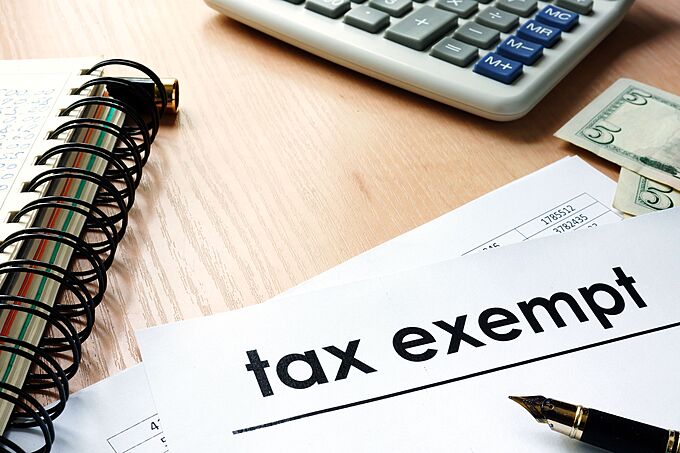
-
Sole Proprietor

A sole proprietorship is a business that can be owned and controlled by an individual, a company or a limited liability partnership. There are no partners in the business.
The legal status of a sole proprietorship can be defined as follows:
- It is not a separate legal entity from the business owner
- The business owner has unlimited liability (i.e. the business owner is personally liable for all the debts and losses of the sole proprietorship)
- It can sue or be sued in the owner’s name
Use Form 1040, Schedule C if you are a Sole Proprietor
-
Single Member LLC
The single-member LLC business entity type stands as the next best thing next to Sole Proprietor, when considering simplicity. Compliance requirements vary from state to state, but generally, they are far less extensive than what a corporation must do to stay in good standing. A few of the typical compliance obligations that an LLC must fulfill include:
- Filing and annual report with the state (in some states, these are every two years or on some other schedule)
- Maintaining a separate business bank account and keeping all business transactions separate from the owner’s personal affairs
- Recording major changes to the LLC by filing an Articles of Amendment
Use Form 1040, Schedule C unless LLC elects to be treated as a corporation
-
Partnership
-
A partnership is a formal arrangement by two or more parties to manage and operate a business and share its profits.
Use Form 1065

-
C-Corporation
Use Form 1120
-
S-Corporation
Use Form 1120S
-
 Tax-Exempt Organization
Tax-Exempt Organization
By law, tax–exempt status is revoked when an organization does not file required Form 990-series returns or notices annually for three consecutive years.
Use Form 990